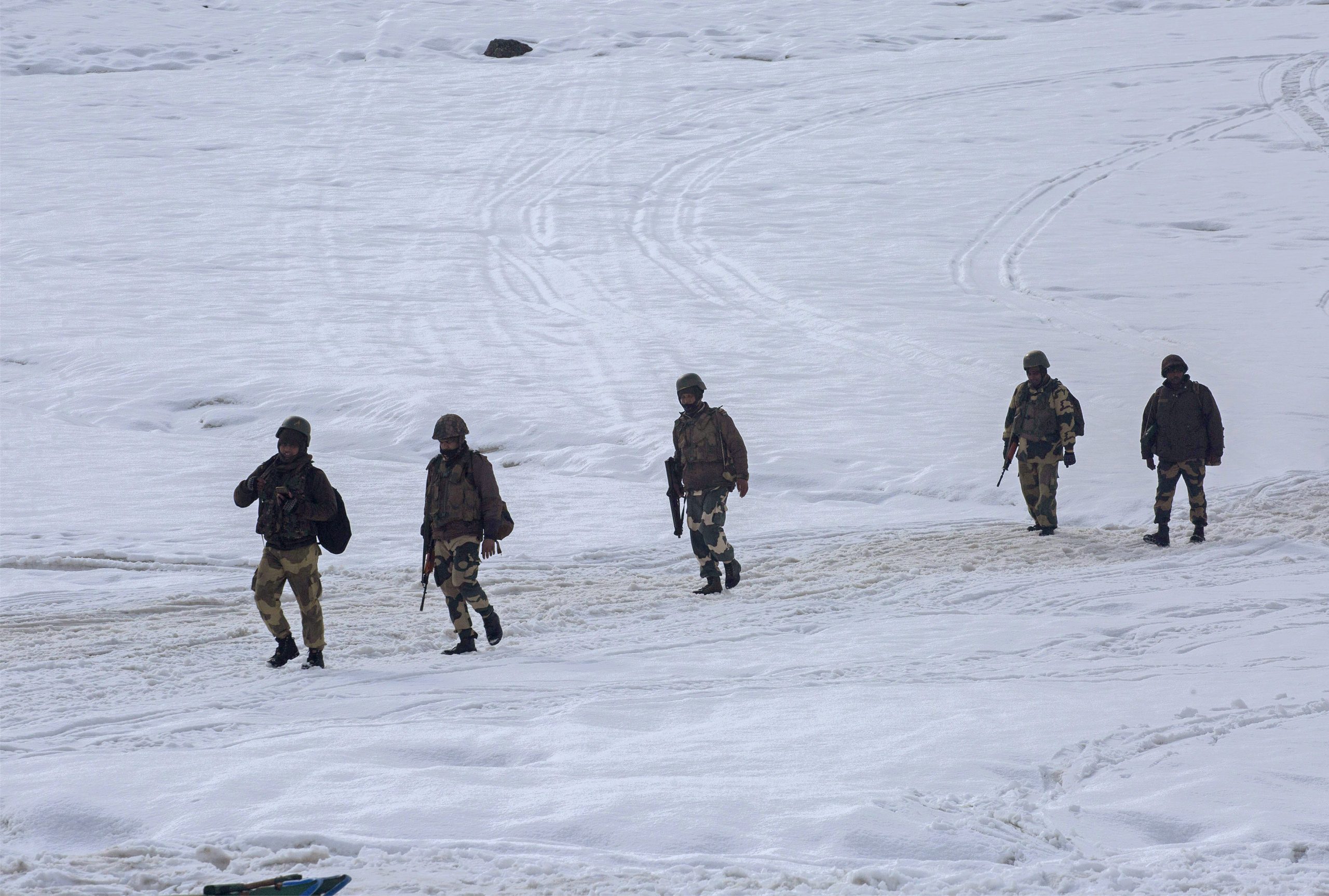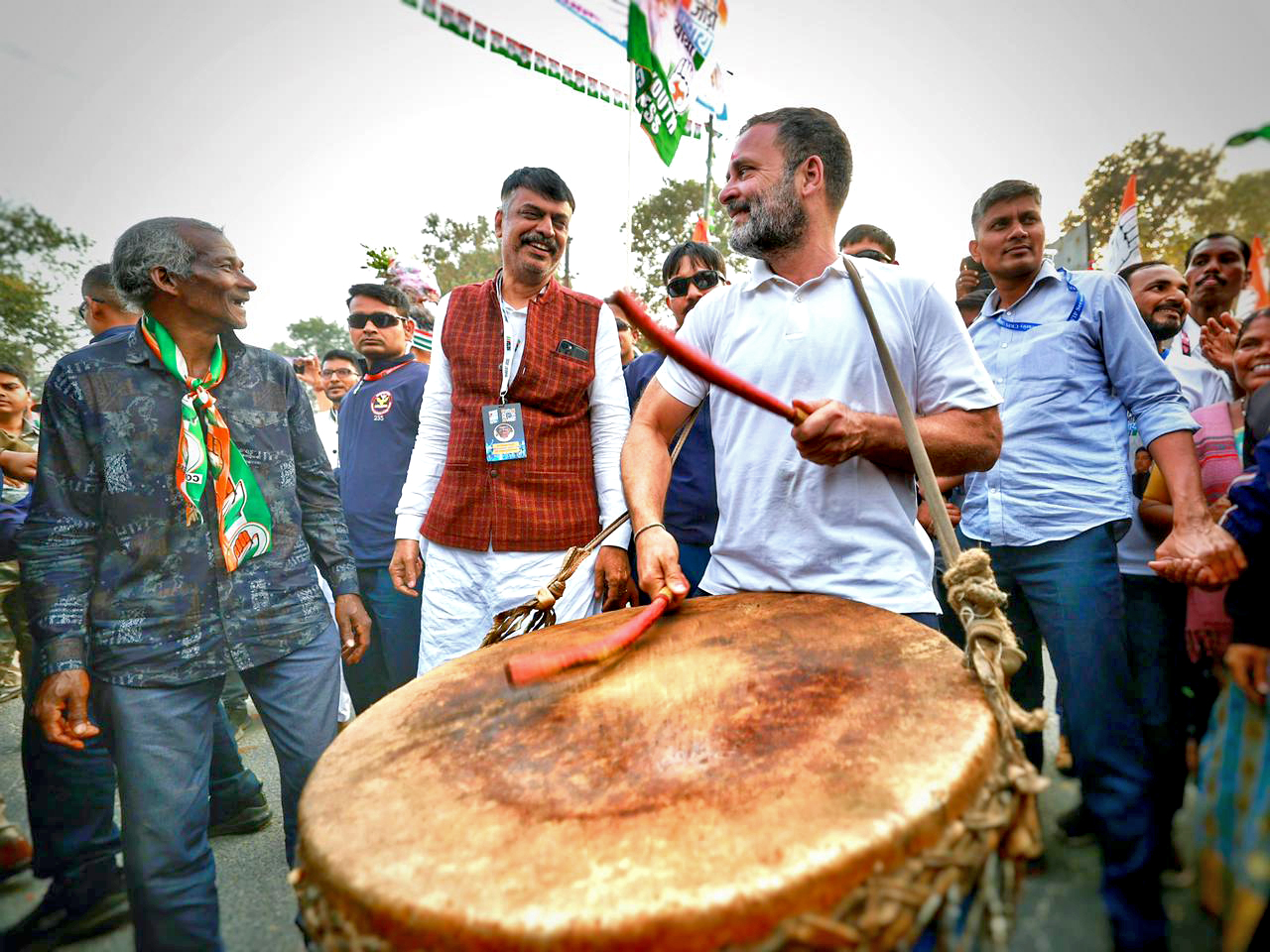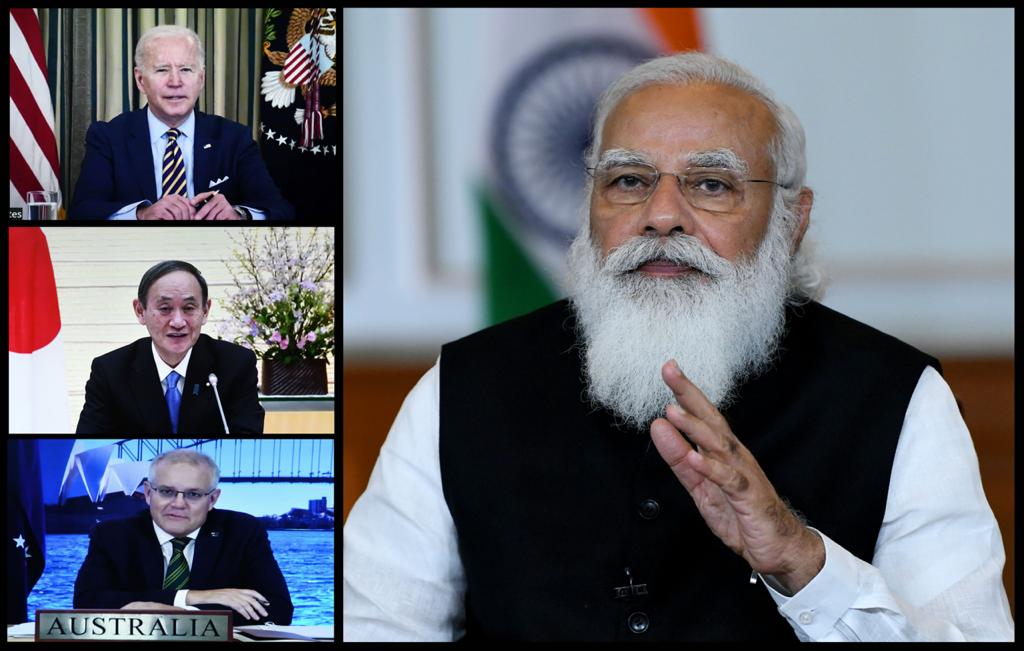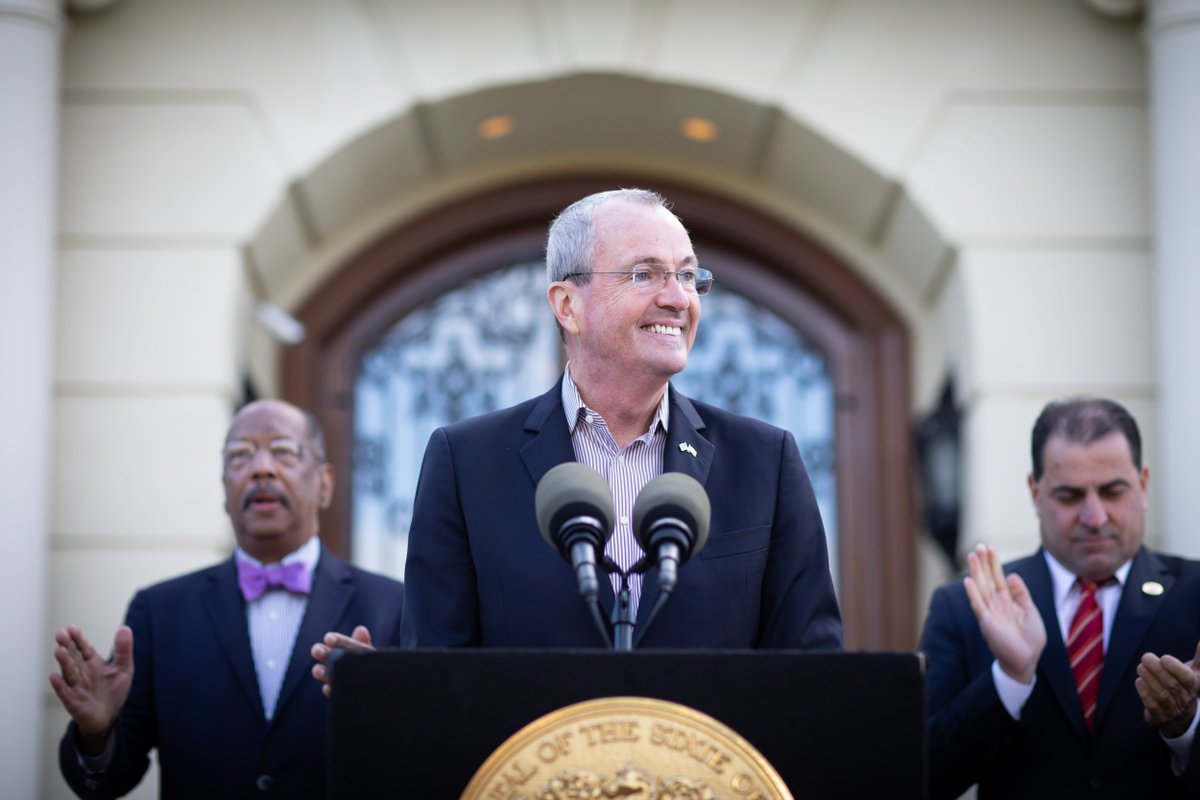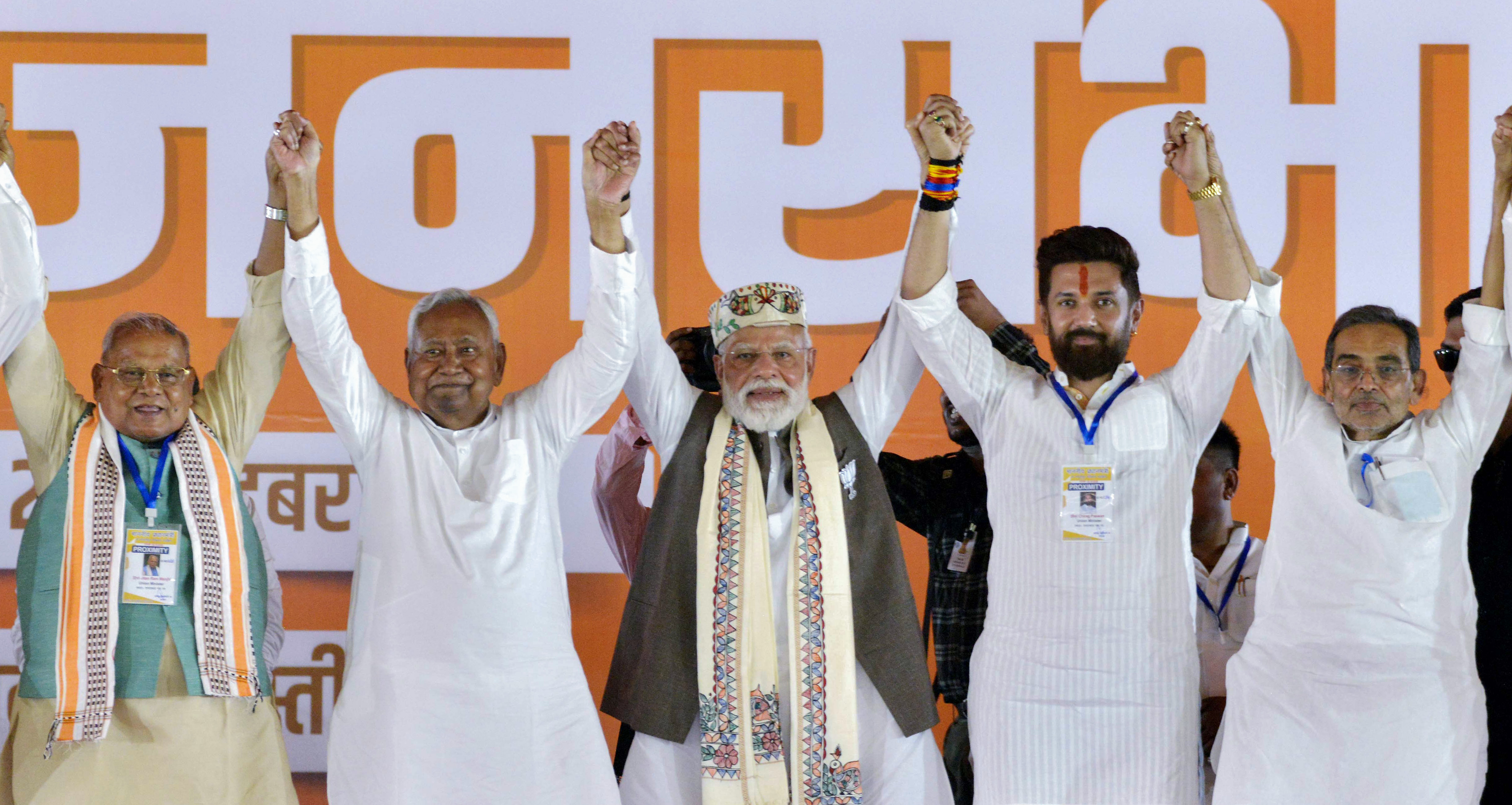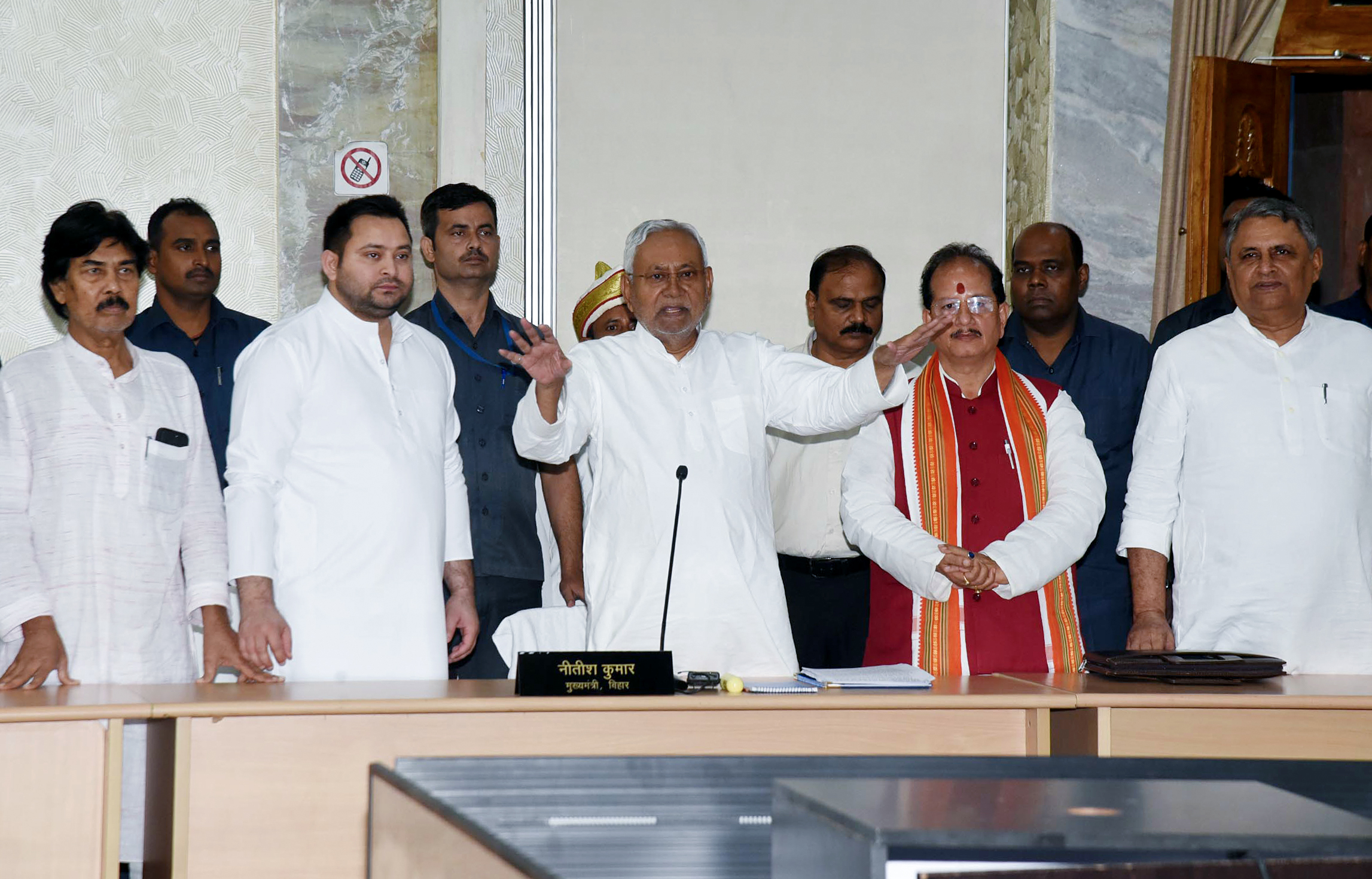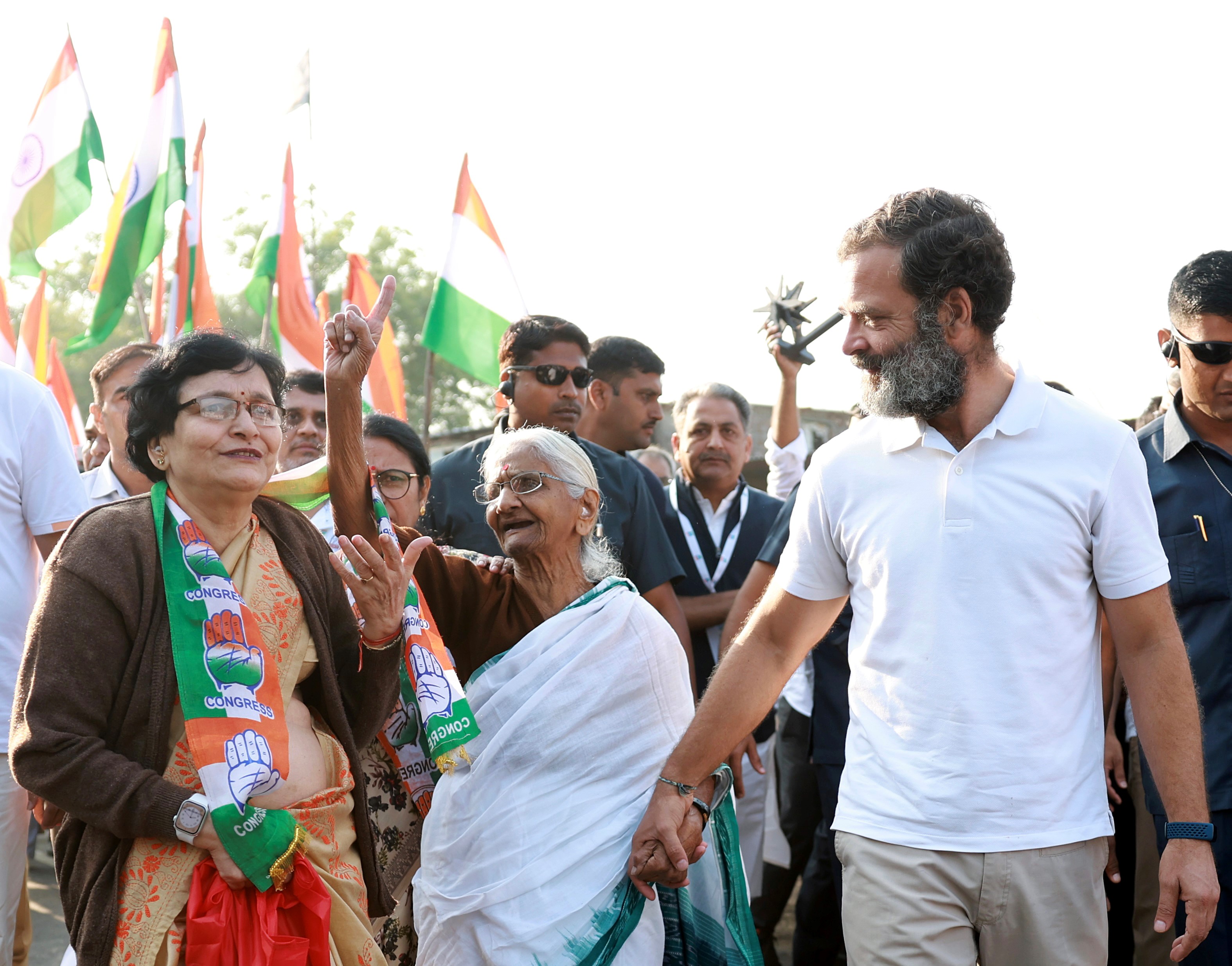Geneva: India on Tuesday rejected the Organisation of Islamic Cooperation’s (OIC) statements on the Union Territory of Jammu and Kashmir, as it has no locus standi to comment on matters related to the region, while regretting that the OIC continues to allow itself to be exploited by Pakistan to indulge in anti-India propaganda.
Expressing India’s right to reply to statements made by Pakistan and OIC at the 46th Session of the United Nations Human Right Council (UNHRC), Pawankumar Badhe, First Secretary, Permanent Mission of India, said: “Pakistan’s deliberate misuse of this august forum for its malicious propaganda against India, aimed at diverting the attention of the Council from its own serious violations of human rights, has remained a constant.”
“We reject the reference to the Union Territory of Jammu and Kashmir in the statement of the OIC. It has no locus standi to comment on matters related to Jammu and Kashmir, which is an integral and inalienable part of India. It is regrettable that OIC continues to allow itself to be exploited by Pakistan to indulge in anti-India propaganda,” he added.
Badhe pointed out to the members of the Council that Pakistan had provided pensions to dreaded and listed terrorists out of State funds and has the dubious distinction of hosting the largest number of terrorists proscribed by the United Nations.
“Pakistani leaders have admitted the fact that it has become a factory for producing terrorists. Pakistan has ignored that terrorism is the worst form of human rights abuse and the supporters of terrorism are the worst abusers of human rights,” he said.
The First Secretary also suggested that the Council should ask why the size of its minority communities such as Christians, Hindus and Sikhs has drastically shrunk since independence and why they and other communities such as Ahmadiyyas, Shias, Pashtuns, Sindhis and Baloch, have been subjected to draconian blasphemy laws, systemic persecution, blatant abuses and forced conversions.
He further pointed out that the holy and ancient sites of religious minorities in Pakistan have been attacked and vandalised on a daily basis.
Further lashing out at Pakistan, Badhe said: “Enforced disappearances, extrajudicial killings and arbitrary detentions of those who try to speak against the establishment are rampant in Pakistan and have been carried out by the State’s security agencies with impunity. Recently, Ahmed Omar Saeed Sheikh, the key suspect in the murder of journalist Daniel Pearl, was allowed to go scot-free.”
He also highlighted that the disappearances and killings of Baloch Human Rights defenders show that Human rights supporters are not safe even after they leave Pakistan,
“Pakistan, a country in dire economic situation, will be well advised to stop wasting the time of the Council and its mechanisms, stop state-sponsored cross-border terrorism and end institutionalised violation of human rights of its minority and other communities,” remarked the First Secretary.
Pakistan has been repeatedly slammed by the international community for not taking stringent measures to protect its minority communities, despite the country’s Prime Minister Imran Khan vowing to protect them on numerous occasions.
















